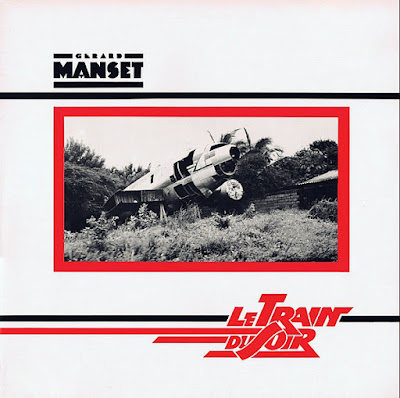There is something criminally wrong when a band like The dB's are not considered to be one of the great groups that came out of the U.S. in the early 80s. Their good friend's REM became mega-successful, yet The dB's are thought of as an afterthought than a group of musicians and songwriters who were crucial in their time and place. Those who know the band's music loves them. The question is why are they not huge in their time, and more importantly why are there records out-of-print?
"Stands for Decibels" always struck me as a greatest-hits album, because that is what this record sounds like. Every other song either sounds like a magnificent A-side to a single, or a very interesting B-side. Chris Stamey and Peter Holsapple are the songwriters in the group and Gene Holder and Will Rigby are the rhythm section. A too-easy comparison is with The Beatles era "For Sale/Beatles '65", but like the Fab Four album, these are songs with twisted emotions and intense deliveries. Stamey and Holsapple have their distinctive way of writing songs, which makes them stand out, so one can tell which is a Chris or Peter song. Still, this variety pack is equally fantastic in the mix that is "Stands for Decibels." Broadly speaking (or listening) Stamey's songs are dreamy and biting in that John Lennon sense, while Peter's work is straight forward with great choruses. Very much an underrated band, and this album is a masterpiece.








